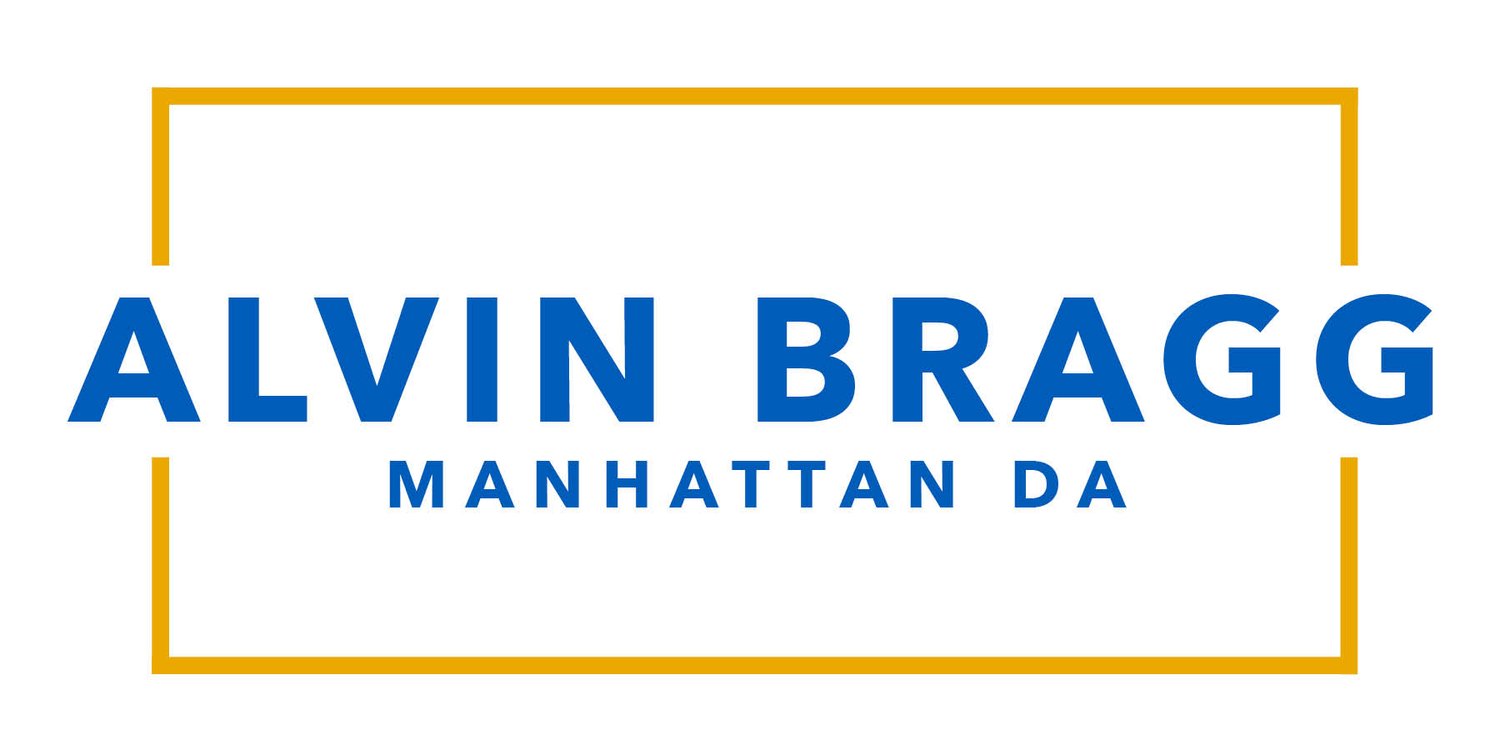The Messenger: Trump’s New York Hush-Money Case Should ‘Proceed to Trial,’ DA Alvin Bragg Says
In a massive, 98-page legal brief, Manhattan prosecutors summarize the case as one about Trump's 'illegal conspiracy to undermine the integrity of the 2016 presidential election'
Published 11/16/23 11:34 AM ET|Updated 11/16/23 11:53 AM ET
Manhattan District Attorney Alvin Bragg urged a state judge on Thursday to reject Donald Trump's bid to dismiss his hush-money indictment, summarizing the case as one about his "illegal conspiracy to undermine the integrity of the 2016 presidential election."
"Defendant is alleged to have lied in New York business records over and over to conceal the truth about his involvement in an illegal conspiracy to undermine the integrity of the 2016 presidential election," the DA's counsel Matthew Colangelo wrote in a 98-page legal brief about the first former president of the United States ever to face criminal charges.
"A grand jury decided based on the facts and the law to charge defendant with felony crimes for his conduct. This case should now proceed to trial," Colangelo added.
Trump pleaded not guilty to the charges brought by Bragg's office this March, on 34 counts of falsifying business records. The case is currently scheduled to go to trial on March 25, though the judge overseeing the proceedings has said he's open to a change in dates due to a conflict with the March 4 federal trial that's set to commence in Washington, D.C, against Trump on charges tied to trying to overturn the 2020 election results. A hearing on Feb. 15 in New York that Trump's lawyers said the former president expects to attend will help determine the schedule.
Before the 2016 election, Trump's then-attorney and fixer Michael Cohen acknowledged engineering a system of transmitting a $130,000 payment to Daniels' then-attorney Keith Davidson. Cohen obtained the money through a bank loan before funneling through the shell company Essential Consultants LLC. Federal prosecutors charged Cohen with campaign finance violations over those actions, which they said Cohen committed at Trump's "direction."
"This payment was illegal, and Cohen pleaded guilty to making an illegal campaign contribution and served time in prison," the DA's brief notes.
Before his sentencing, prosecutors said Trump Organization officials paid him $420,000, grossing up for interest on his loan and tacking on $60,000 for "tech services" and legal fees. The circuitous system of repayments, in monthly installments of $35,000, sparked to dozens of charges of falsifying business records.
In so doing, prosecutors say, Trump also "intended to commit or conceal tax crimes."
"The evidence showed that defendant and others were aware of the tax consequences of the reimbursement to Cohen; that they sought to manipulate those consequences by altering the amount and manner in which he was paid and by falsely characterizing the nature of the payments; and that the business records at issue here perpetuated these falsifications and thus concealed the nature of the underlying scheme," the DA's memo states.
Bragg argues that Trump should not be treated differently than any other criminal defendant.
"Defendant repeatedly suggests that because he is a current presidential candidate, the ordinary rules for criminal law and procedure should be applied differently here," the brief states. "This argument is essentially an attempt to evade criminal responsibility because defendant is politically powerful. Courts have repeatedly rejected defendant's demands for special treatment and instead have adhered to the core principle that the rule of law applies equally to the powerful as to the powerless."
Quoting the 11th Circuit's decision overturning the use of a special master in Trump's classified documents investigation, the DA's brief states: "To create a special exception here would defy our Nation's foundational principle that our law applies 'to all, without regard to numbers, wealth, or rank.'"
The massive legal brief addresses a variety of arguments from Trump's legal team about the statute of limitations, claims of selective prosecution, and purported violations of grand jury secrecy.
